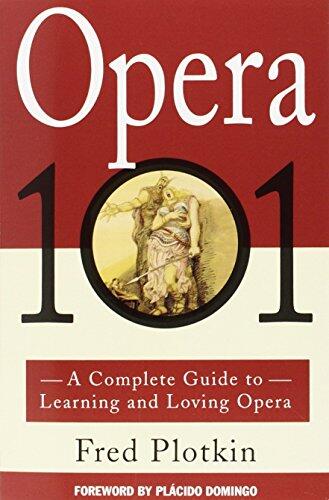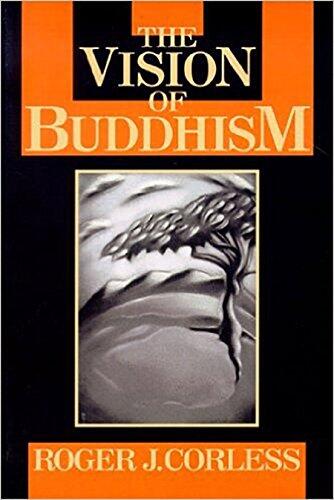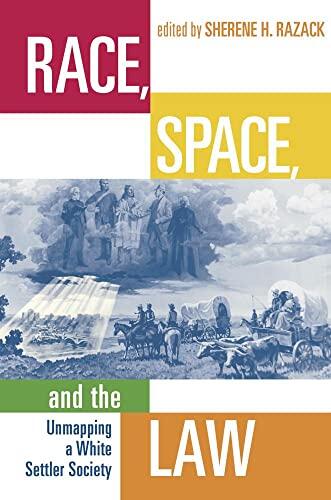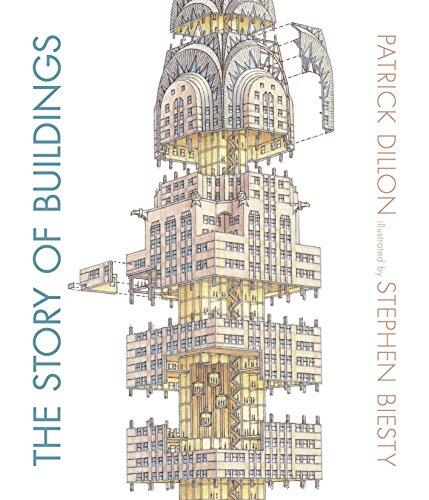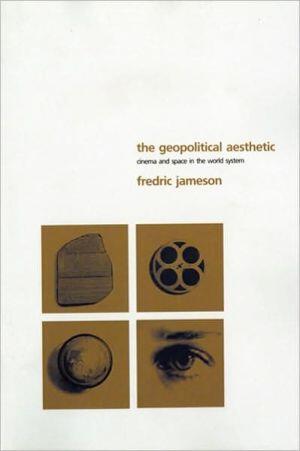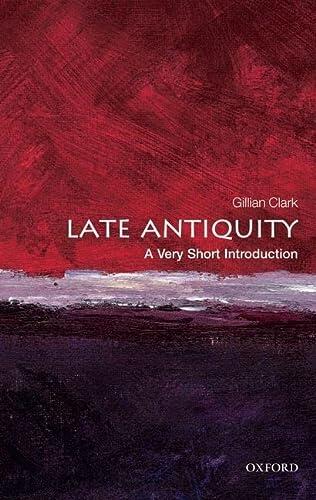
Late Antiquity: A Very Short Introduction
작성자
Gillian Clark
아직 평점이 없습니다
History
형식
페이퍼백
페이지
152
언어
영어
출판됨
Mar 22, 2011
출판사
Oxford University Press
판
1
ISBN-10
0199546207
ISBN-13
9780199546206
설명
In the midst of societal upheaval and transformation, Late Antiquity presents a crucial period in history that marks the decline of the Western Roman Empire and the emergence of new powers. Gillian Clark adeptly navigates through the complexities of these changing times, exploring how the barbarian invasions reshaped the landscape of Europe. As familiar borders shifted and erstwhile pillars of civilization crumbled, communities adapted to an ever-changing world, paving the way for the medieval era.
Amidst the chaos of invasions and wars, new cultural identities emerged, blending the remnants of Roman traditions with the influences of invading tribes. Clark illustrates how these interactions fostered rich tapestries of belief, practice, and governance that would shape the future. This era, often overlooked in its significance, becomes a stage for the evolution of ideas and identities that resonate to this day.
Clark's exploration extends beyond mere political shifts; she delves into the profound social and religious transformations of this epoch. The rise of Christianity, for example, redefined spiritual landscapes and altered the power dynamics within society. As faith took root in diverse cultures, it generated rippling effects that traversed borders and fundamentally changed the Roman legacy.
In this succinct yet enlightening examination of Late Antiquity, readers are offered a lens through which to view a pivotal chapter in history. Clark’s authoritative voice guides them through the intricacies of this transformative time, encouraging a re-evaluation of its meaning and significance in shaping the modern world.
Amidst the chaos of invasions and wars, new cultural identities emerged, blending the remnants of Roman traditions with the influences of invading tribes. Clark illustrates how these interactions fostered rich tapestries of belief, practice, and governance that would shape the future. This era, often overlooked in its significance, becomes a stage for the evolution of ideas and identities that resonate to this day.
Clark's exploration extends beyond mere political shifts; she delves into the profound social and religious transformations of this epoch. The rise of Christianity, for example, redefined spiritual landscapes and altered the power dynamics within society. As faith took root in diverse cultures, it generated rippling effects that traversed borders and fundamentally changed the Roman legacy.
In this succinct yet enlightening examination of Late Antiquity, readers are offered a lens through which to view a pivotal chapter in history. Clark’s authoritative voice guides them through the intricacies of this transformative time, encouraging a re-evaluation of its meaning and significance in shaping the modern world.
